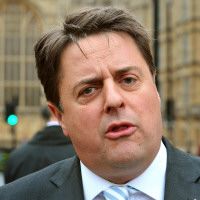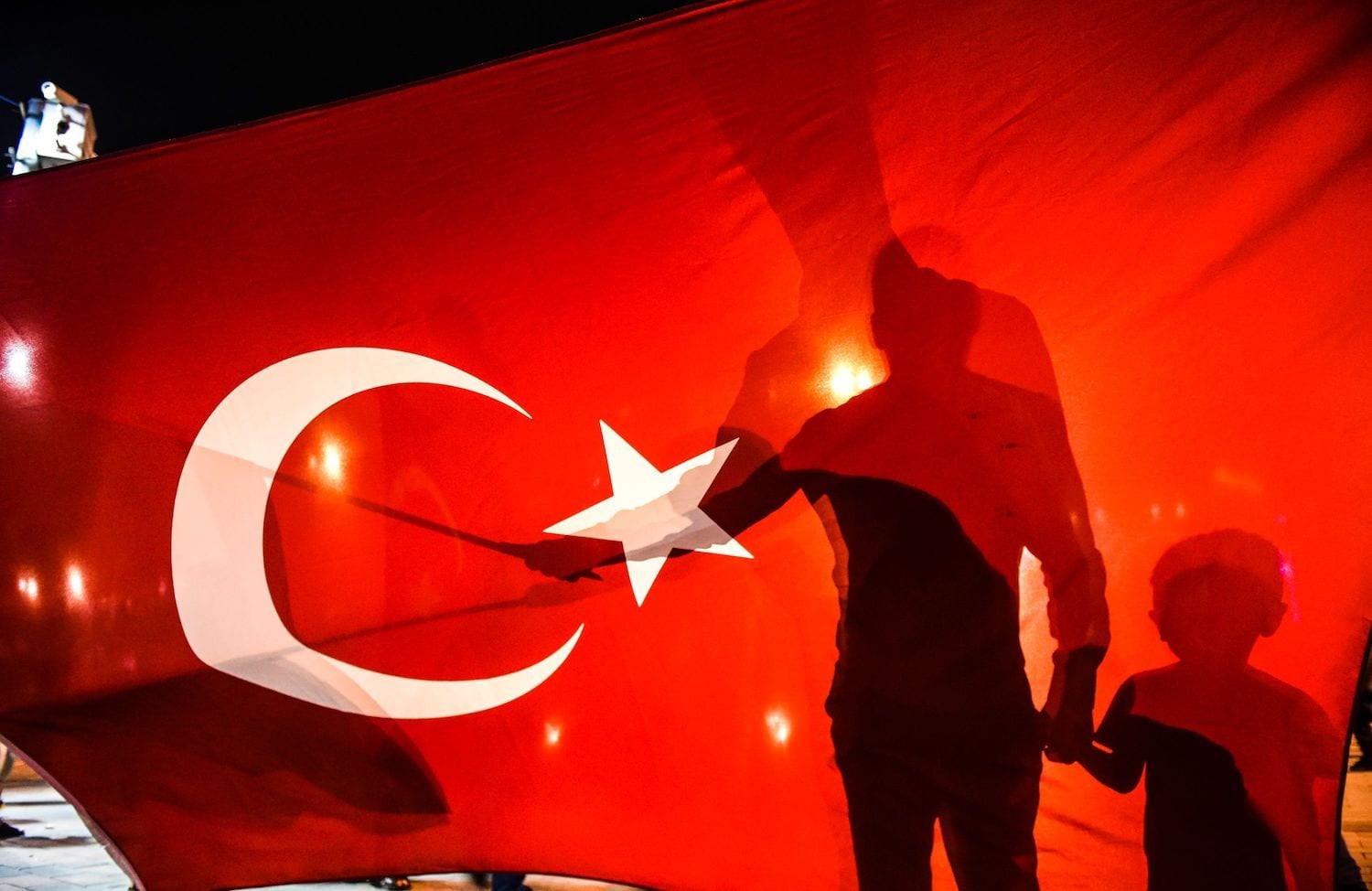Globalization and free market economy movements have strongly affected on the rise of minority nations’ voice. Although European Union does not have any direct implementation on providing special rights and conditions for minority nations, reality of rising rights of minority nations and regions cannot be covered. While Catalonia, Flemish, Wales within the EU and Québec in NAFTA are getting stronger and minority national regions which are gaining rights on the way of becoming international actor. Each of them shows some differences from the one another in various areas like social and security rights, education, economic welfare, right to vote and elected. “Furthermore, as compared to Canada and the United Kingdom, Belgium presents a unique situation, in part because Flanders, the region where the sub-state nationalism is strong, is the country’s richest and most populated area.”
Religion and linguistic differences of minority nations within a state trigs the demands on the right asked from the government and even independence. Because of the supports of organizations such as EU and NAFTA, minority nations in their member states become stronger in terms of linguistic, economic, and social areas in the state that they exist. The conditions in demanding on independence show slight differences especially among the members of EU.
This article concentrates on two minority nations in EU which are Flemish and Catalans. By analyzing these two minority nations, article provides the reasons behind not only gained rights but also rights that they still demand. Education in their own language plays such an important role for minorities within a state. When we turn our face to Flemish and Catalans weare able to see that gaining educational rights in their own language was holding the importance on way to showing their existence.
Flemish Case in Belgium
Flanders, as a minority nation in Belgium, have been gained rights since industrial revolution which means in constant to general view as Belgium Federate State have been established in 1993, it is not correct. Decline of heavy industry, during 1950s, Flemish realized that they are richer than Walloons in terms of underground resources and do not would like to allow them to use Flemish’s underground resources anymore. In order to protect their own rights they had asked special rights for them. Although there is a constitutional rights have been given in 1993, since twenty years processes have been started on way of federalism. Process started by institutional reforms in 1970, so we can claim that Flemish were on the way of federalism more than twenty years before the official announcement in 1993. According to CAPRON H. and MEEUSEN W., with four consecutive state reforms, Belgium transforms to a federal state. These state reforms held in 1970-71, 1980-81, 1988-89, 1993-94, and 2001.
As all minority nations’ common problem, Flemish made an effort to have linguistic and cultural equalities. They had a fear of grind under French speaking autonomy during the unitary system. According to STEPHENSON G.V., protection of the surrounding Flemish towns against loss of their cultural identity is vitally important. The reason behind the all tensions raised by minority nations in states as it happened in Belgium (Flemish), Spain (Catalonia and Bask region), and UK (Wales and Scotland) is participate in government and announce their presence as in part of that state.
In Belgium, Flemish was achieving certain rights such as cultural, educational and social areas since 1970. “Besides the two ministers of culture mentioned earlier, there are two departments of education and two radio-television systems (BRT-Flemish and RTB-French).” Flemish was able to impress them more independently. KALAYCI H. claims that Flemish’ movements that having cultural demands in the first stage turned into political soon. Identity issue grow up from the Flemish in Belgium and comparably French speaking population called themselves as Walloon, just after the Flanders movements. So, by these inter-regional transfers Walloons and Flemish were became power sharing groups under the umbrella of unitary Belgium.
Globalization and increase the economic developments highly effected the role and position of minority nations especially in European Union. “Belgium, following the adoption of a new federal constitution in 1995, allowed its regions of Flanders and Wallonia to sign treaties and other agreements with sovereign states and have an international role that equals and sometime surpasses that of the Belgian State itself.”Flanders took a chance to enjoyed benefits and opportunities provided by industrial movements and globalization. New federal constitution in 1995 brings the opportunity to Flemish to right to have an education in their own language.
Belgium have been tried to minimize the tensions by providing some equalities to both Flemish and Walloons. Minorities who have gained equal rights in Belgium were not going to demand independence anymore which means that Belgium have been played all cards that it has in order to hold state as it is.
Asymmetric Federalism in Spain Instead of Separation
Catalans shows slight differences from among the seventeen regions in Spain, because they have linguistic and wealth differences from the others. By 1978 constitution, after Franco’s dictatorship, Catalans demanded some extra rights from Madrid because they accepted themselves as a different nation from the others in Spain. Spanish Parliament has been provided not only linguistic rights but also opportunity of impressing themselves to Catalans by media.
Spanish constitution avoided using the term “federal state” to protect the tensions of possible separation in Spain. “The Spanish constitution establishes ‘the indissoluble unity of Spanish Nation’ (article 2) and defines the ‘Spanish People’ as subject of ‘National Sovereignty’ (article 1).” As it is clearly mentioned in the Spanish constitution, Spanish parliament resist on division by independence. Instead of losing part of its own territory, parliament accepted to give Catalans some more rights than the other by taking into consideration of their historically differences in terms of wealth and also language. The solution that Spanish Parliament has been found is providing the rights that Catalans demands and form Spanish state by eliminating the differences among regions.
Catalans’ ultimate aim is achieving a sit within a European Parliament. Although they have a right to attend some kind of issues related by their own policy areas, they reject the limitation and ask for actual sit like an actual state. “Spanish autonomous communities’ participation in EU decision-making process is limited to series of policy-specific Sectoral Conferences as well as the Conferencia para Asuntos Relacionados con la Comunidad Europea (CARCE) (Sectoral Conference Relating to EU Affairs), chaired by the Minister of Public Administration. ” Catalans may participate in EU Parliament only their own policy related issues are going to be discussed on the agenda.
Conclusion
Catalans and Flemish proved how minority nationalism plays such an important role within Europe and as a result of their attempt they have achieved their aims. Having even a limited sit within the EU Parliament have extreme important for awareness of their existence and the specialty of Catalan’s condition among the others.
On the other hand, Flemish, have been achieved their rights that exist today by five state reforms. Even today, there are still some disagreements between Walloons and Flemish. Because of disagreements, they had very problematic election in 2007.
Briefly, the article have analyzed why minority nations and regions demands for some certain rights. Article support the strategy of providing rights to minority nations and regions in order to protection of separation of state. As long as given rights do not treat sovereignty and welfare of state, each and every minority have a right to take education in their own language, conditions for continuity of their own history of culture and also participate to parliament.
REFERANCES
1. BELAND D., LECOURS A. , 2008 , “Nationalism and Social Policy”, Oxford University Press, US
2. BOURNE A.K. , 2004, “The EU and territorial politics within member states: conflict or co-operation?”, BRILL
3. CAPRON H., MEEUSEN W. , 2000, “The National Innovation System of Belgium”, Published by Springer, Belgium
4. GAGNON A., TULLY J. , 2001, “Multinational Democracies”, Cambridge University Press, USA
5. JAMES P., MICHAUD N., O’REILLY M.J., “Handbook of Canadian Foreign Policy”, Lexington Books, Canada, 2006
6. KALAYCI H., “Üniter Devletten Federasyon’ a Belçika’da ne değişti?”, Stratejik Analiz Dergisi, Ocak 2006
7. KALAYCI K., “Avrupa Birliği ve Mikro Milliyetçilik” , Stratejik Analiz Dergisi, Mayıs 2006
8. STEPHENSON G. V., “Cultural Regionalism and the Unitary State Idea in Belgium”, Geographical Review, Vol. 62, No. 4 (Oct., 1972), American Geographical Society
Behre Ünverdi – Caspian Weekly
Eastern Mediterranean University
Department of International Relations
 The leader of the far-right British National Party wept as he saluted party members for helping win two seats in the European parliament.
The leader of the far-right British National Party wept as he saluted party members for helping win two seats in the European parliament.



